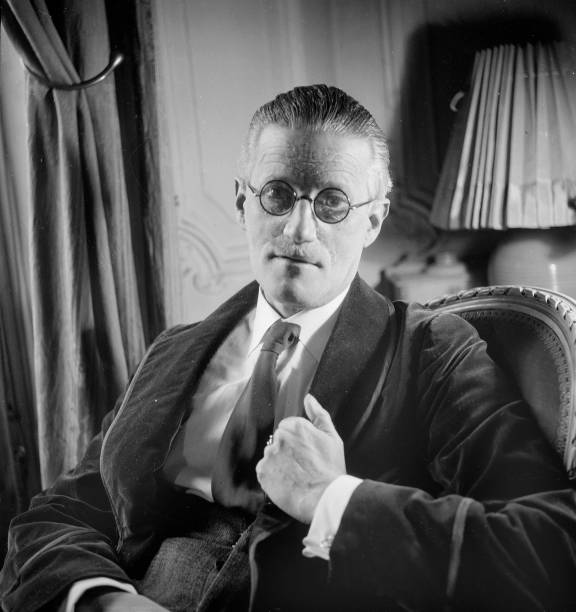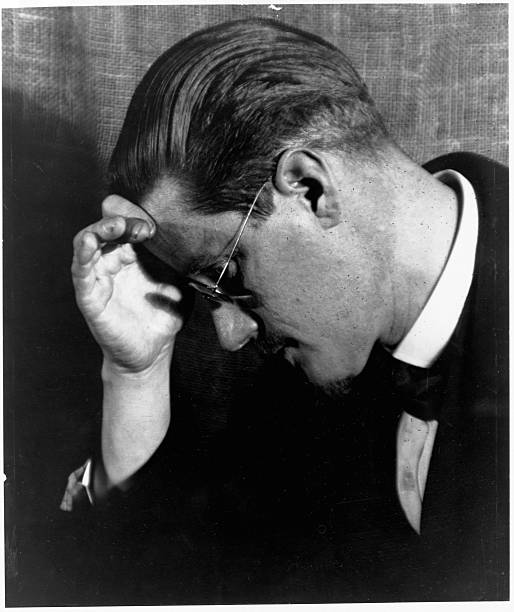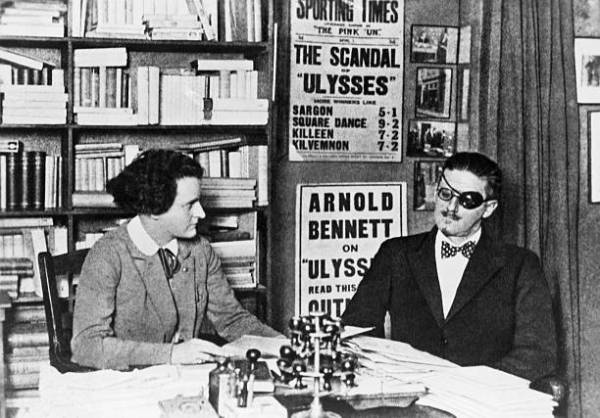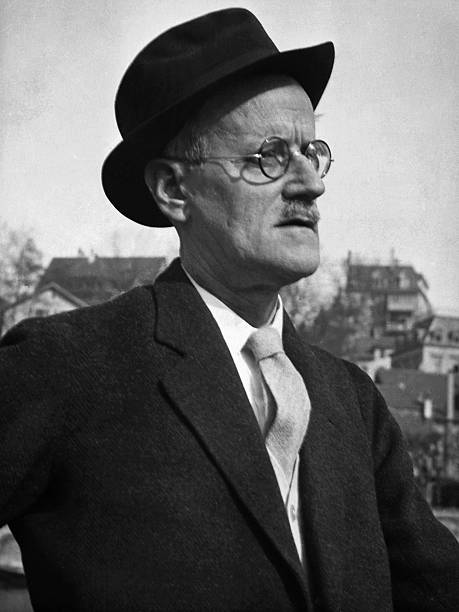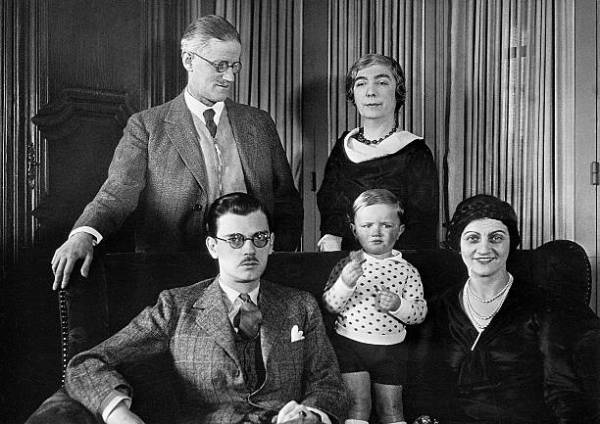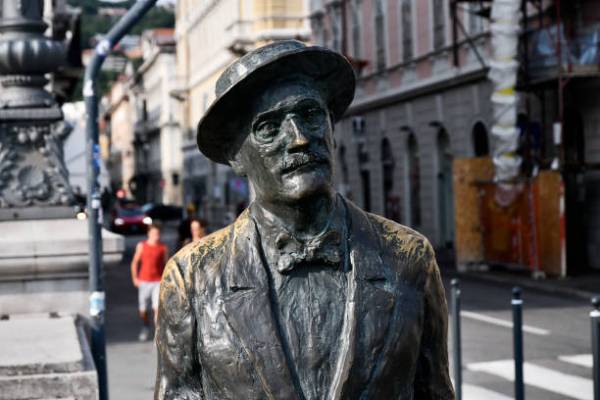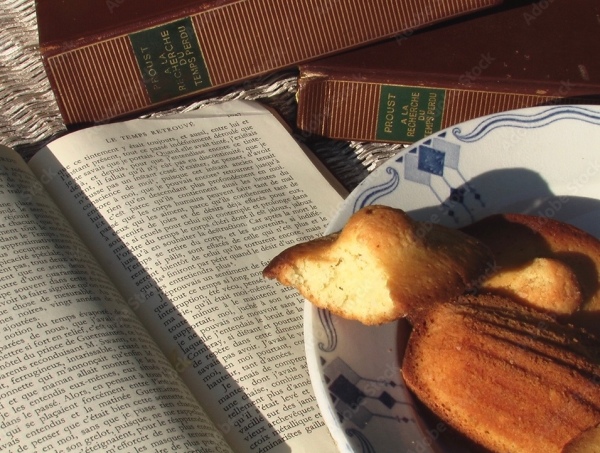In a full circle moment, given that it was The Modernist Review that first published An Open Letter to the James Joyce Community (see the 2018 editorial here), we now bring to you a follow-up in May 2024 with #51: James Joyce Studies and Safety.
The issue begins with an ‘Introduction’ by President Jonathan Goldman and Vice President Cathryn Piwinksi of the James Joyce Society in which they reflect on Joyce’s own resistance to abuses of power, from multiple positionalities. They then turn to the pressing question of safety in Joyce studies, especially pertaining to sexual violence and gender-based discrimination.
Continue reading “The Modernist Review #51: James Joyce Studies and Safety”


